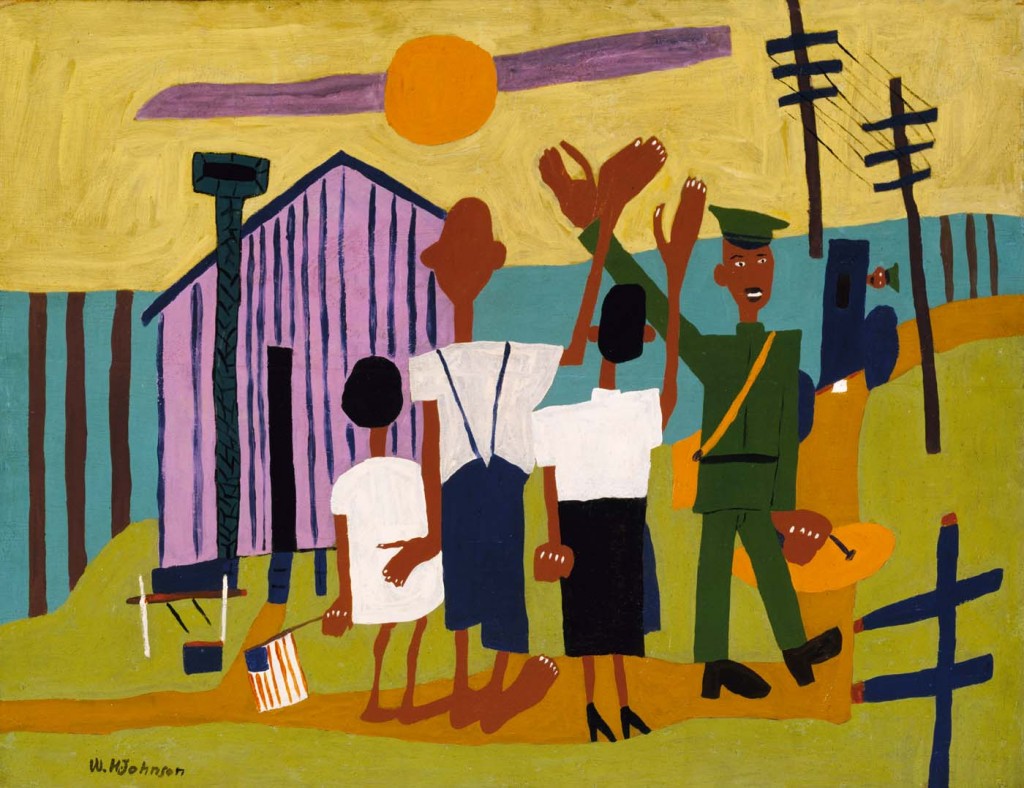Note: If you wish to receive, via e-mail, (1) my weekly newsletter or (2) daily copies of these posts, notify me at rrbates1951@gmail.com and indicate which you would like. I promise not to share your e-mail address with anyone. To unsubscribe, send me a follow-up email.
Thursday
December 7, the day that will live in infamy, was always an important date to my parents. My father was 18 at the time, my mother 16, and they often commemorated Pearl Harbor Day at this time of year through the poem they chose for their weekly poetry column.
My father would be drafted a few months after the Japanese attack and was sent to Europe as an interpreter, serving first in Normandy and later in Munich. My mother, of course, observed the war from stateside but it shaped her view of the world no less than my father’s. It is from a perspective closer to hers that today’s poem comes.
The speaker in Gwendolyn Brooks’s “the sonnet-ballad” is a mother whose son is off fighting. Or as the speaker puts it, “they took my lover’s tallness off to war, / Left me lamenting.” In her view, her son has been lured away by “coquettish death,” and war—with its “possessive arms” (a pun) and beauty—can make a man change. The rhetorical question that the poem asks in the first and last lines presumably invites the answer “nowhere.” After all her son “won’t be coming back here any more” and her heart-cup is empty.
Although some people refer to World War II as “the great war,” I always think of documentarist Ken Burn’s description of it as “the worst war.” My father, when he talked about it, saw nothing glorious about it. For him, it was always an utter waste, even though he was glad to see fascism defeated.
the sonnet-ballad
By Gwendolyn Brooks
Oh mother, mother, where is happiness?
They took my lover’s tallness off to war,
Left me lamenting. Now I cannot guess
What I can use an empty heart-cup for.
He won’t be coming back here any more.
Some day the war will end, but, oh, I knew
When he went walking grandly out that door
That my sweet love would have to be untrue.
Would have to be untrue. Would have to court
Coquettish death, whose impudent and strange
Possessive arms and beauty (of a sort)
Can make a hard man hesitate—and change.
And he will be the one to stammer, “Yes.”
Oh mother, mother, where is happiness?
One other story given that the soldier here is African American. Sometime during the war–I’m not sure whether in France or in Germany–my father did Military Police patrol with two others, a White southerner and an Black serviceman from Chicago. The White wouldn’t talk to the Black so my father served as a kind of intermediary. The experience was formative: shocked by the man’s racism, my father would become a passionate supporter of the Civil Rights movement.


